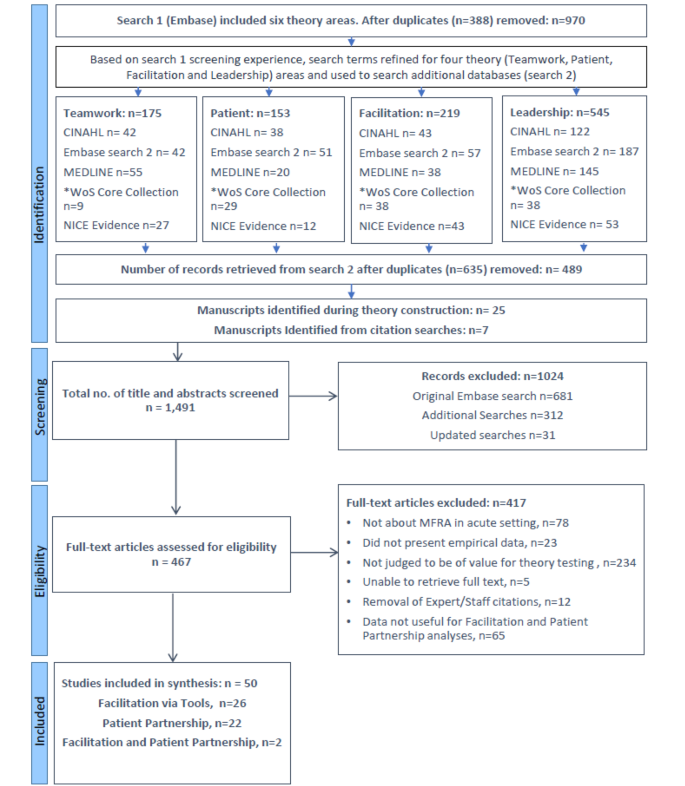Some Ideas on Dementia Fall Risk You Need To Know
Table of ContentsNot known Incorrect Statements About Dementia Fall Risk Dementia Fall Risk Fundamentals ExplainedNot known Facts About Dementia Fall RiskThe 10-Minute Rule for Dementia Fall RiskDementia Fall Risk for Dummies
You could be nervous because you've had an autumn before or since you have actually observed you're starting to feel unsteady on your feet. You may have observed modifications to your health and wellness, or just feel like you're reducing a little. Whatever the factor, it isn't uncommon to end up being careful and lose confidence, and this can quit you doing the important things you made use of to do and make you really feel much more separated.If you have actually had a loss or you have actually begun to really feel unstable, inform your doctor also if you really feel fine otherwise. Your medical professional can inspect your balance and the means you stroll to see if enhancements can be made. They may have the ability to refer you for a drops danger assessment or to the drops avoidance service.
This details can be gotten with interviews with the person, their caregivers, and a review of their clinical records. Begin by asking the specific regarding their history of drops, including the frequency and conditions of any type of recent drops. Dementia Fall Risk. Inquire regarding any movement troubles they may experience, such as unsteady or problem walking
Conduct a comprehensive review of the person's medicines, paying certain attention to those understood to raise the risk of falls, such as sedatives or medications that lower blood pressure. Establish if they are taking several medications or if there have actually been recent modifications in their drug program. Evaluate the individual's home setting for prospective risks that might boost the threat of falls, such as bad lighting, loose carpets, or lack of grab bars in the shower room.
Little Known Questions About Dementia Fall Risk.
Guide the person via the fall risk evaluation type, clarifying each question and tape-recording their feedbacks properly. Ensure that the private comprehends the objective of the analysis and really feels comfy providing truthful responses. Determine the complete threat score based upon the actions given in the assessment form. Identify the individual's danger classification (reduced, tool, or high) based upon the overall rating and the visibility of automated risky condition elements.
This plan may include workout programs to boost toughness and equilibrium, medicine adjustments, home modifications, and referrals to various other professionals as required. On a regular basis keep track of the person's progress and reassess their threat of drops as needed. Change the care plan based upon adjustments in their health and wellness condition or home environment. Provide recurring education and learning and support to promote safety and security and lower the threat of falls in their daily living activities.
Several researches have shown that physical treatment can aid to lower the risk of dropping in adults ages 65 and older. In a new research (that checked out falls threat in ladies ages 80 and older), scientists determined the financial effect of choosing physical treatment to avoid drops, and they found that doing so conserves $2,144, including all the concealed costs of your time, discomfort, missed life occasions, and the bucks paid for solutions.
The Ultimate Guide To Dementia Fall Risk
Inspecting your heart price and high blood pressure measurements at rest and while you turn (from sitting or existing to standing). A basic examination of your thinking (cognitive) capabilities. Examining your equilibrium, stamina, and strolling capacity. A basic vision examination. Evaluating your feet and shoes. A home safety analysis. Based on the assessment results, your physiotherapist will create a strategy that is customized to your specific needs.
Older visit site adults who have problem walking and speaking at the exact same time go to a higher risk of falling. Dementia Fall Risk. To help increase your safety during daily activities, your physical therapist may design a training program that will test you to maintain standing and strolling while you do an additional job. Examples include walking or standing while counting backward, having a discussion, or carrying a bag of groceries
Set objectives for boosting their physical activity. Exercise a lot more to increase their toughness and equilibrium. These programs frequently are led by volunteer coaches.
Dementia Fall Risk for Dummies

Measles, or rubeola, is a very transmittable, intense viral transmittable illness triggered by the measles virus. Some people assume of measles as simply a breakout and high temperature that improves in a few days; however, measles can cause serious wellness difficulties, specifically in kids younger than 5-years-old. The best defense versus measles is the measles, mumps, and rubella (MMR) injection.
Falls are a typical root cause of injury among older adults. According to the CDC, in one year alone, fall-related injuries added to over $50 billion in clinical costs (Dementia Fall Risk). In healthcare facility settings, older grownups go to specifically high danger of falls because their lowered wheelchair from being restricted to a room or bed.
The 6-Second Trick For Dementia Fall Risk
-copy-5.jpg)
She has a case history of seizure condition and high blood pressure. She is obtaining an IV infusion and taking Gabapentin and Lasix. She has no background of drops, her gait is steady, and she nullifies with no concerns. The previous registered nurse states that she calls for aid to the shower room when she needs to go.
Examples of usual autumn interventions/measures consist of: Making sure a patient's crucial products are within reach. Putting the patient's bed rails up with the alarm system on. Assisting a patient while they're read this post here standing up from bed. Beyond recognizing how to make use of the Johns Hopkins Fall Risk Evaluation Tool, it's vital that centers integrate its usage into an extra comprehensive autumn avoidance plan.